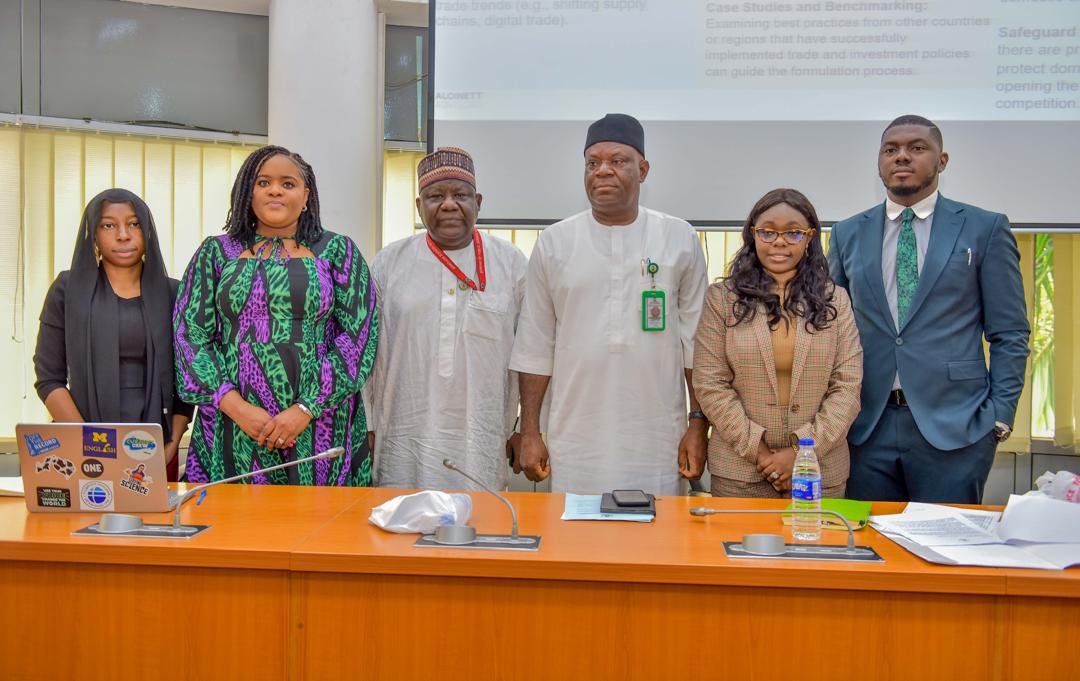Human life is all about transition from one stage to another, with each of these stages coming with its own challenges and opportunities. What every stage is supposed to teach us is the way of exploring opportunities inherent in it with the hope of overcoming its challenges.
To an average civil servant, the most feared stage of life is the one after retirement or post-retirement stage. This life too, is not immune against this universal truth about life as the prospective retiree is about to make transition from the stage he spent the substantial part of his life, living.
However, it is a common fact that many people, given a second chance, would have chosen a different career path other than the one they spent all their active working life on. But, notwithstanding, retirement provides another opportunity for people (civil servants) to correct their mistakes in life and become more productive. In fact, records have shown that there are many people who attained fulfilment only after they retired from paid or salary employment.
Retirement provides a golden opportunity for a civil servant to give a sense of redirection to his life, especially if properly planned. Most people find it difficult to live after their retirement because they failed to plan for it. And, the best way to plan is by establishing a business to keep the retiree busy, more productive and financially stable.
It could be set up either individually, by networking with other retirees or with existing businessmen. The best way to predict the future, in the words of Peter Drucker, is to create it.
It is against this background that over a decade ago, the Federal Government of Nigeria initiated a pre-retirement individual development and empowerment program, which is aimed at providing practical entrepreneurship training for prospective retirees to venture into any business of their choice.
The essence of the training is to help retirees prepare to better adjust to the challenges of life after retirement, for them to have personal understanding of financial planning, help them appreciate the types of business opportunities that are open to them, as well as provide them with guides on how they can access their terminal benefits.
This is particularly important because it will help the retiree to cope with extended family pressures he became so used to during his service years and even sustain them. It is also good for his personal health and wellness, because idleness may seriously harm the body that has been actively working for over 30 years.
Also, the intervention will help ensure the retirees’ financial stability, thereby reducing the rate of unemployment and poverty, aside helping in increasing the country’s fortune of Gross Domestic Product (GDP).
Similarly, to the retiree, it will help him leave a legacy for his family to inherit even after his death, since they can’t inherit the job he spent more than 30 years living on.
In view of the above therefore, the program is good from all angles and that its economic importance cannot be overemphasised for the retiree, his family, his immediate community, the government, and even the country in general.
However, the Federal Government is recently reported to have been mulling the idea of scrapping this project despite its outlined benefits.
This, will of course be counterproductive to the success of the project being celebrated as the messiah of civil servants’ post-retirement life.
Personally, I know a civil servant in our community who worked in one of the departments of Nigeria’s oil sector, who announced his intention to voluntarily retire from the services of the sector, that many see as lucrative and white collar, and ventured into business, some 14 years ago.
As expected, he has experienced a lot of criticisms and bashings even from his immediate family who tried to caution him on the ‘danger’ attached to taking such a risk.
But today, he is not only more financially stable than many of his colleagues that are still active in the civil service, but also serving as a model and consultant to them as they plan to quit the service sooner than later. He is also an employer of labour, with many people working under him.
So, it is still not too late for the Federal Government to have a rethink on abandoning this good policy due to to its perceived benefits.
To conclude with the words of Warren G. Tracy, “Entrepreneurship is living a few years of your life like most people won’t, so you can spend the rest of your life like most people can’t.” For any civil servant who aspires to retire soon, the best way to live the life of his dream lies in his ability to fully plan and utilise his retirement period business-wise.
Aliyu Umar Aliyu
Principal Information Officer
BPSR


